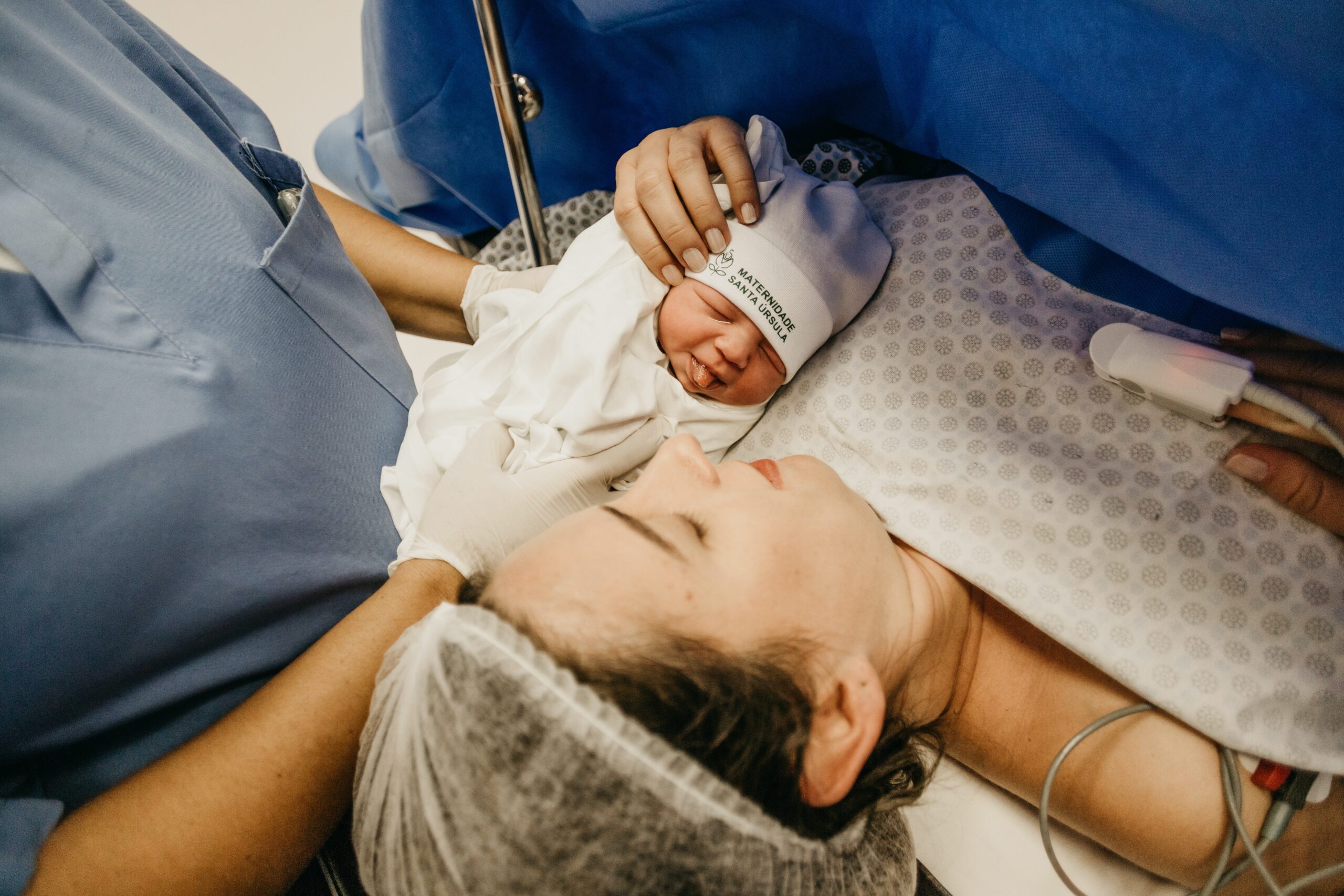
Free Consultation(203) 447-0000

Free Consultation(203) 447-0000

When an individual learns that they are going to have a baby, it can be one of the happiest times in life. They make plans, prepare their homes, and dream about what the future will hold for their growing family. Sadly, the devastation a birthing parent faces from either losing their child during birth or their child suffering a birth injury is truly unimaginable for someone who has not experienced this firsthand. When that loss of life or injury is due to the negligence of trusted healthcare providers, knowing that such an outcome could have been avoided is all the more devastating. Because this is such a unique and catastrophic loss, birthing malpractice actions often involve a claim for the birthing parent’s emotional injuries.
For years, the majority of Connecticut Superior Court judges have permitted birthing parents to recover damages for purely emotional distress and, in doing so, have reasoned that “a mother is not a bystander [with respect to matters] that are incident to prenatal care and the delivery of her child. . . . The very term “delivery” presupposes that the mother is an active participant in the birthing of a child. To hold otherwise would be to reject the entire human experience, everywhere and at all times. . . .’” Leoma v. OB-GYN Services, P.C., Superior Court, judicial district of New London, Docket No. CV-11-6011571-S, 2012 Conn. Super. LEXIS 2162, *4-5 (August 28, 2012) (Martin, J.). Nevertheless, neither the Connecticut Supreme Court nor the Connecticut Appellate Court had provided binding appellate authority on this issue until our Supreme Court in August of 2023 determined in Escobar-Santana v. State, SC 20772, 2023 Conn. LEXIS 179, *16-17 (August 22, 2023), that “the birthing mother is a joint victim of the malpractice and can recover for emotional distress arising therefrom.”
On March 23, 2020, Celine Escobar-Santana, who was under the care of UConn Health Women’s Center for her pregnancy, complained of bilateral leg swelling and continued elevated blood pressure and was admitted for induction of labor. Two days went by with relatively minimal progress in her labor when Ms. Escobar-Santana developed a fever. She began pushing on March 25, 2020, and as time passed, it was determined that the baby’s positioning inside her was such that it would not be possible to deliver vaginally. The length of the labor and the baby’s positioning made it so that the baby’s head was impacted in Ms. Escobar-Santana’s pelvis. Because of this, it took twenty-four minutes to extract the baby via C-section, even though a C-section can normally be accomplished in less than one minute, and sadly the baby suffered serious and permanent injuries.
Ms. Escobar-Santana brought suit for the injuries she and her baby suffered while under UConn’s care, alleging, among other things, that the providers misdiagnosed the nature of the pregnancy, misassessed the risks of labor and delivery, failed to recommend the correct delivery method, and failed to properly care for Ms. Escobar-Santana during labor and delivery. When an individual seeks to sue for actions taken by UConn and/or its agents, the individual sues the State of Connecticut. The state cannot be sued without its permission, a concept known as “waiver of sovereign immunity.” The action was brought in two counts, one for the baby’s injuries and the other for Ms. Escobar-Santana’s injuries. The state filed a motion to dismiss Ms. Escobar-Santana’s count on the basis that her injuries were not medical malpractice injuries because they were purely emotional distress without physical harm, and therefore, the state had not waived its ability to avoid being held responsible for her injuries.
Importantly, the Connecticut Supreme Court held that Ms. Escobar-Santana’s emotional distress injuries are medical malpractice injuries, and therefore, the state can be held responsible for her injuries. In reaching this conclusion, the Court affirmed the decision to deny the state’s motion to dismiss Ms. Escobar-Santana’s count.
This landmark ruling by the Connecticut Supreme Court is important for two critical reasons. First, there is now a binding appellate authority recognizing that the emotional injuries a birthing parent suffers during the birthing process are part of a medical malpractice claim. Prior to this decision, many Superior Courts in Connecticut had held this way, but without appellate authority, Superior Courts still had the ability to decide differently on the issue. Now, there can be no differing of opinions on this issue by Superior Courts because there is clear and binding law by an appellate court that recognizes such emotional injuries are part of medical malpractice claims.
Second, this decision acknowledges the very real nature of emotional injuries. As many people who have suffered emotional distress can attest, emotional injuries can be extremely painful and life-changing. It is meaningful that the Connecticut Supreme Court has signified its understanding of this. As the Court stated, “[T]he common law traditionally was loathe to afford recovery for purely emotional injuries. . . . This reflected concerns about ‘the potential for trivial, frivolous or fraudulent claims,’ as well as ‘the difficulties involved in tracing the etiology of psychological harms . . . .’ This hesitation has waned, however, as our understanding of emotional trauma has evolved.” (Citations omitted; emphasis added.) Escobar-Santana v. State, supra, 2023 Conn. LEXIS 179, *25.
If you or a loved one experiences an injury during the birthing process, you should reach out to an attorney right away. Contact the experienced attorneys at Berkowitz and Hanna, LLC if you have any questions about your legal rights regarding this concern. To schedule a free, no-obligation consultation, call 203-324-7909 or contact us online today.
Berkowitz Hanna
